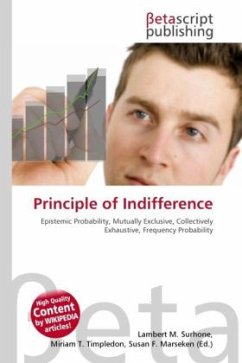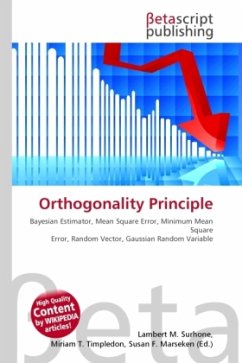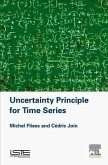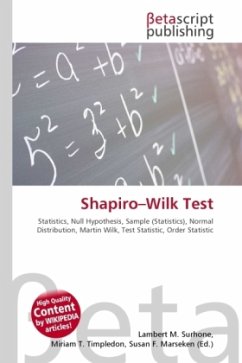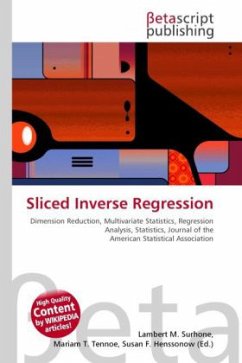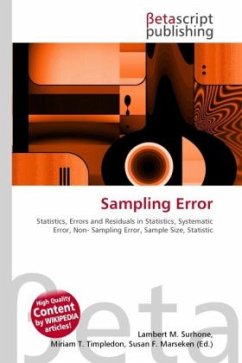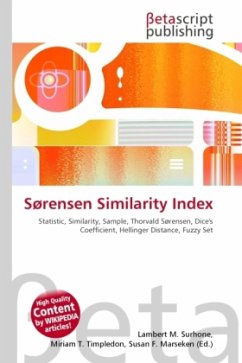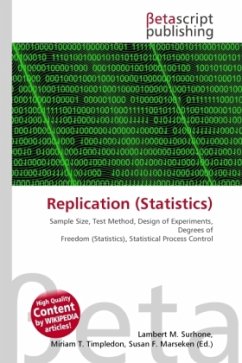High Quality Content by WIKIPEDIA articles! The principle of indifference (also called principle of insufficient reason) is a rule for assigning epistemic probabilities. Suppose that there are n 1 mutually exclusive and collectively exhaustive possibilities. The principle of indifference states that if the n possibilities are indistinguishable except for their names, then each possibility should be assigned a probability equal to 1/n. In Bayesian probability, this is the simplest non-informative prior. The principle of indifference is meaningless under the frequency interpretation of probability, in which probabilities are relative frequencies rather than degrees of belief in uncertain propositions, conditional upon a state of information.
